It was while working in finance that Raj Batra spotted a gap in the market to disrupt the spirits category.
Three years into his entrepreneurial journey, he shares how starting a business became his biggest professional challenge yet.
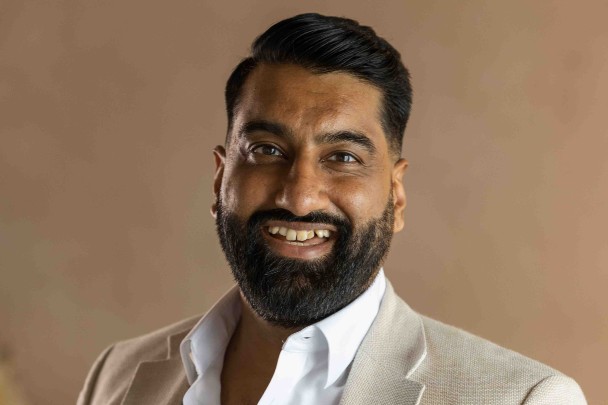
Raj Batra
Creating a plan to elevate the cocktail menu
It had been while advising start-ups via his role at Bank of America Merrill Lynch that Raj first had the idea for Diistil.
“I saw that a number of industry verticals, healthcare, mobility, fintech, food service, etcetera, were all being disrupted, whether by technology or other innovative solutions,” he says.
“But there was a gap in the spirits market, which was the ability to bring a bit of innovation beyond just a new brand.”
Raj’s plan was to plug that gap with a spirit supply model that both elevated cocktail menus in hospitality venues and helped at-home consumers do much the same with their drinks cabinet.
Diistil is an on-demand distillery working with the world's best hotels, bars and restaurants. Diistil serves its customers in two ways.
First, it provides a distillery extension to bars and restaurants, supplying them with bespoke spirits, completely customised and available for them to purchase in volumes as small as 25 bottles.
Second, it provides those same trade customers access to its classic range of readymade spirits that “solve flavour gaps in the market” - and which are also available for end consumers to purchase. Yuzu, jalapeño, black tea, beetroot and soy sauce are just a few of the unique flavour combinations on offer.
One year after launch, the start-up is already supplying some of London’s best-known bars. “Our clients constantly tell us there’s nothing else like us out there,” says Raj.
But that doesn’t mean the journey from idea to execution has been an easy one.
In fact, though he had spent years in an advisory role, helping other entrepreneurs scale their business proposition, nothing could quite prepare Raj for the reality of taking the plunge himself, he admits. “It really is about on the job training when you’re a founder.
The learning curve is significantly steeper than any other job I've been in before.”
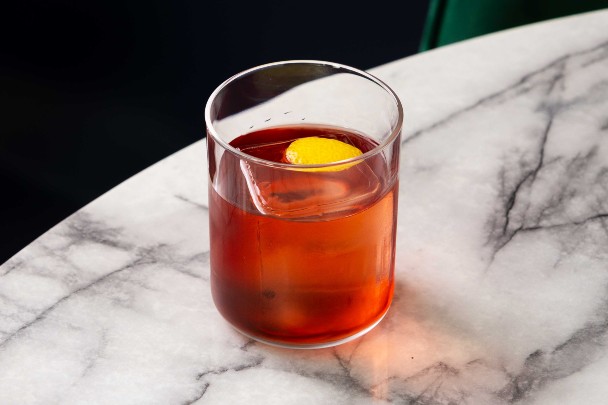
Distilling down the journey
It took about two years to really get off the starting blocks for Diistil, according to Raj. “Everyone kind of thinks that you set up a business and get going within a couple of months. That wasn’t the case for us.”
He breaks Diistil’s growth into three main phases. The first, was all around getting started. That meant building out the initial proposition. “You’ve really got to test it with customers, get feedback and understand the problem that you’re trying to solve - and which customers want it.” Having come from a finance background himself and without firsthand experience in hospitality or the technical side of production, Raj also needed to bring the right people on board.
Then there was getting set up for the physical production element, including sourcing the equipment, securing the right licenses to produce alcohol (“this isn’t something you can start doing in your kitchen”) and firming up the supply chain side of the business given his plan to sell direct to both the trade and end consumers. Last, but definitely not least, he and his team spent plenty of time working on R&D to perfect the product and ensure it was genuinely innovative.
The second phase - which Diistil completed earlier this year - was focused on initial execution and launching the product into the market. Raj set his sights on 20 venues that were “industry thought leaders” in the hospitality sector as a way to cement Diistil’s reputation. Its spirits can now be spotted on the cocktail menus of some industry heavyweights, like London’s Peninsula Hotel, Experimental Cocktail Club, One Aldwych and Stereo in Covent Garden.
This second phase also meant securing external funding - with Raj having bootstrapped the business with his own cash until that point.
These first two phases have held plenty of challenges. Hardest among them has been recruiting the right team. “While in large organisations of 500 people it might be about bringing in people with diverse ideas or visions for the company, in a smaller start-up it’s been about finding those with diverse skillsets but the right cultural fit,” says Raj. [But] “importantly it’s encouraged to challenge the boss with constructive and reasoned arguments.”
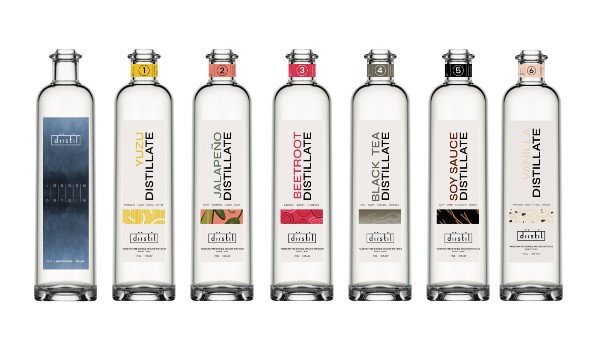
Developing a willingness to pivot and change course has been another learning curve. “Every good founder has to be willing and able to pivot. It’s highly unlikely you’ll stay true to your original vision as the company progresses. And if you do, you’ve either made a mistake or you’re extremely lucky.”
The “constant battle” of choosing where to focus time and resources has required a shift in the founder’s mindset too, he admits. In Raj’s previous role he had a large team to delegate to, leaving him capable of serving 12 clients simultaneously or working on six deals at the same time. But as a founder with a small team, he’s had to learn to select the best idea or the most pressing problem and focus on that.
At each milestone he’s benefited from plenty of mentors, whether friends or contacts he’s made in the drinks industry who’ve been happy to help. He’s also gained huge value from his involvement with GS1 UK’s start-up ecosystem. The benefits of becoming a GS1 member extend far beyond barcodes, all our members have the opportunity to learn about all the latest industry developments and improve your business through networking and knowledge-sharing with industry experts. Raj says, both attending and speaking at GS1 UK sponsored events has had a huge impact, exposing him to new ideas, valuable new contacts and connecting him with a vibrant and highly supportive network of industry stakeholders and fellow SMEs.
Ultimately being a successful founder is about accepting there’s plenty to learn. “It doesn't matter what you've done before or what skills your background has given you, you'll still be missing a whole load. You'll experience challenges like you've never experienced before because everything is just 10 times harder when you're doing it from the beginning.”
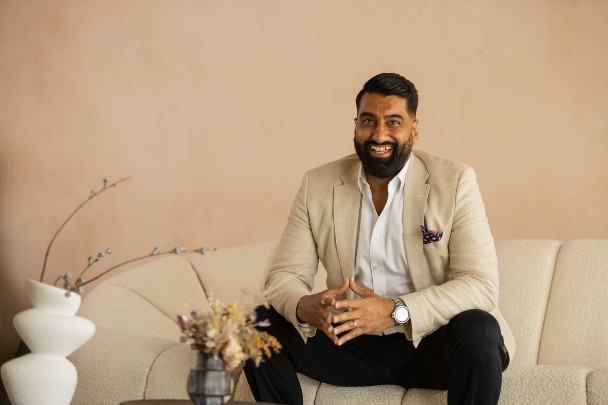
The next step
Diistil has now entered its third phase - scaling up the proposition.
“The target now is to scale the business, from 25 venues to 500 or 1,000,” says Raj. “How we're getting there is through investments in the team and investments in sales and marketing.” The hope is to “massively amplify” current sales channels, both to the on-trade and to consumers, by bringing on board more third-party distributors, wholesalers and retailers.
Diistil also want to fully embed their products with customers by continuing to target cocktail menu listings.
“That not only gives us stickier clients because that menu run might be anything from six months to a year, but it also gives you that recurring revenue. You’re also building a brand because your name is on the menu - it gives you more visibility to the end consumers.”
And though he’d love to be rolling out to bars in New York and Amsterdam already, Diistil is taking this scaling up process step-by-step, starting with creating that name for Diistil across London before moving onto other major UK cities. “Establishing yourselves in your home market is for any company really important but particularly when the home market is the UK and it's a vibrant bar community.”
So, three years after Raj stepped away from his role at Merrill Lynch and entered the life of a full-time founder, what advice would he share with others following a similar path?
Learn when to listen to others advice - and when to follow your gut instinct instead, he says. “
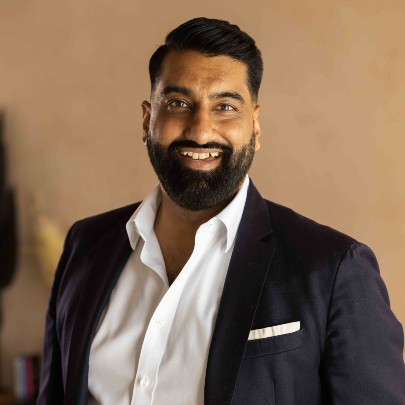
Every good founder has to be willing and able to pivot. It’s highly unlikely you’ll stay true to your original vision as the company progresses. And if you do, you’ve either made a mistake or you’re extremely lucky.”
Raj Batra
Founder & CEO of Diistil
As a founder you're going to get told no constantly. You might even get told by well-meaning friends and family members not to even start on the journey in the first place. They want to know why would you leave your job? Why give up financial security? Does your idea actually make any sense? It’s all well-meaning. Here’s the catch: many times, you should just stay with your own instinct, but other times, taking that contrarian advice is absolutely the right thing to do. The art is judging when to do which.”
